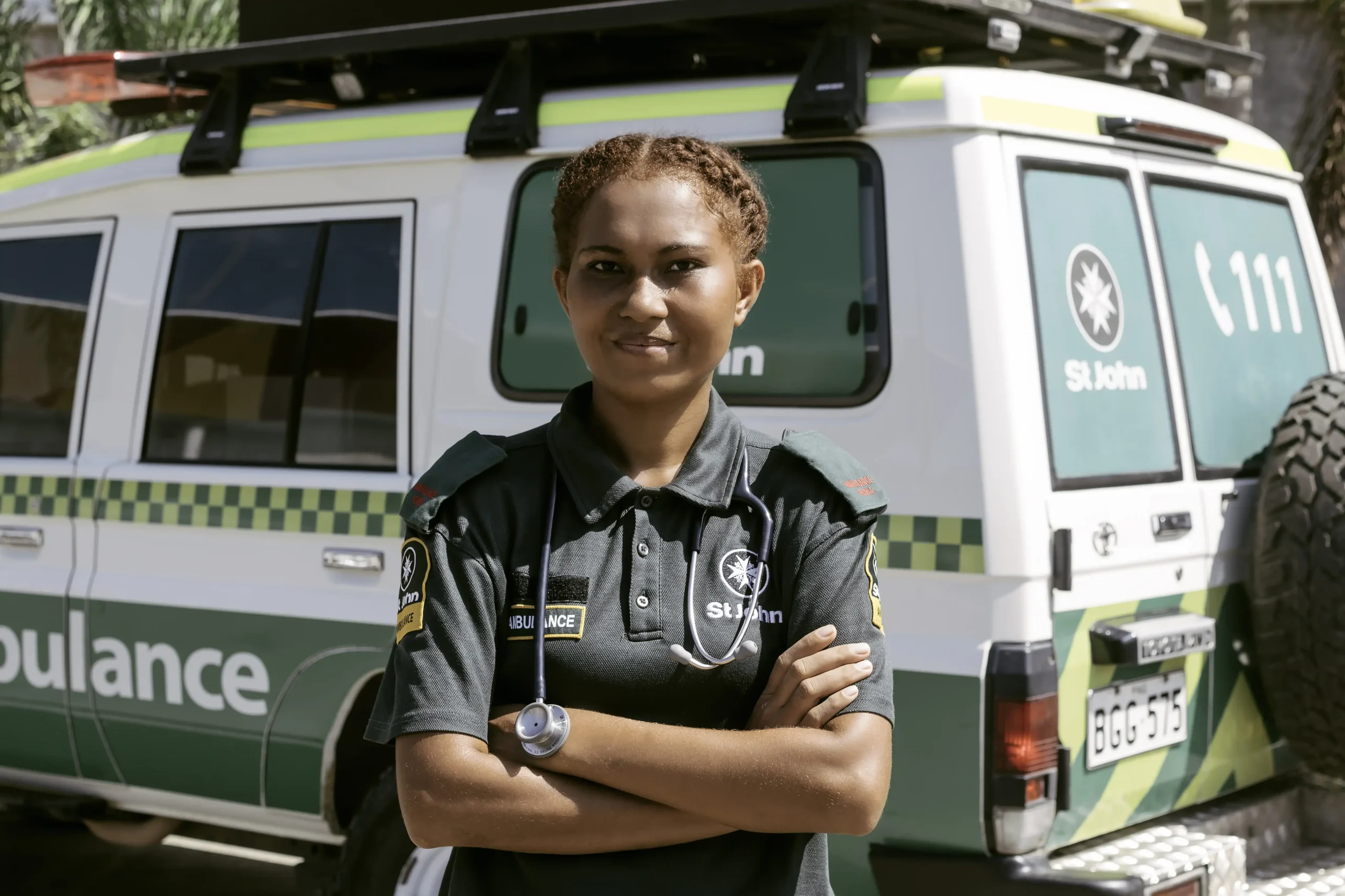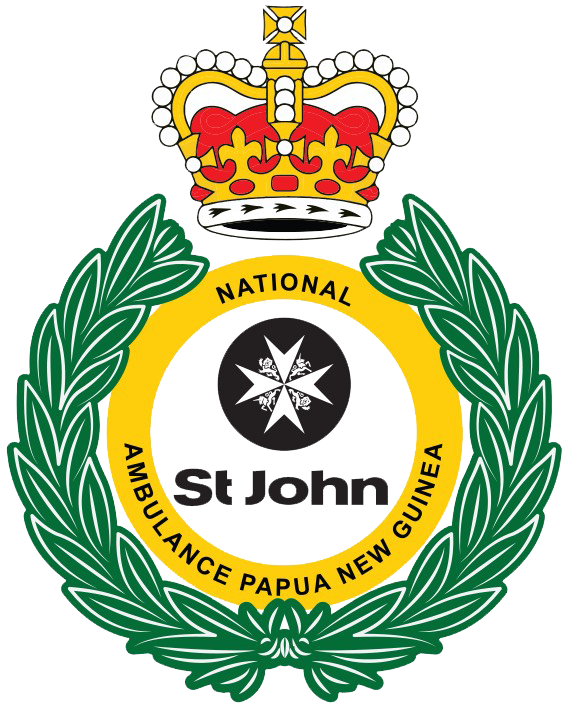
Work With Us
We’ve been getting ready for you for
64
Years
Start your journey today. Whether you’re looking for career advancement or thinking about volunteering your time – we’re glad you’ve made your way here
Volunteer Work Opportunities in the National Capital District
No matter where you live in NCD, you can make a positive impact in your community by becoming a St John volunteer. With St John, you’ll learn new skills like endorsed first aid qualifications, build strong relationships with new people you meet, and work with emergency services to make a real contribution to your community. You’ll also receive a range of fantastic benefits.
When you volunteer with St John, you’ll be part of the welcoming team that’s changing lives.
And the first life that will change is yours.
Thinking about becoming a St John Ambulance Volunteer?
Here’s some information that might help you.
1. What roles might a volunteer have?
The Reservist’s roles and responsibilities may include, but are not limited to:
- Volunteering at public events, providing first aid and ambulance cover as required.
- Performing duties as an ambulance or rescue volunteer, attending ambulance shifts when required.
- Volunteering their services during emergency response situations when requested by the Employer.
- Providing administrative assistance when required, helping the Employer with tasks like data entry and archiving.
- Other duties commensurate to the Volunteer’s Position.
Other duties that first responders do:
- Provide emergency care and ambulance transport to patients.
- Provide first aid care to patients in accordance with SJA’s protocols, policies and procedures.
- Operate a motor vehicle, where appropriately licensed to do so.
- Participate in station duties.
- Complete electronic medical reports and other required documentation.
- Use communication devices including radios, pagers, computers and tablets.
- Keep the ambulance and equipment in a clean, functional state, ready-for-use.
- Maintain professional standards of uniform, presentation and communication.
- Maintain authority to practice.
2. What training does SJA give volunteer?
All volunteers must complete the first responder boot camp. Boot camp involves you living at the Ambulance Service Training Academy for 10 days during bootcamp. During the first responder course you’ll receive training in advanced first aid, advanced CPR, communicating with people in stressful situations, using ambulance equipment and communication devices, dress and bearing, and health and personal hygiene. You’ll participate in physical training and parade each day, and be subject to strict assessment requirements.
Breakfast, lunch and dinner are included in your training, so too are personal hygiene items (e.g. deodorant), linen and towels. SJA will give you a small allowance of K10 per day to help with other costs like phone credit.
3. How can you prepare for first responder bootcamp?
Preparing for boot camp requires physical and mental preparation. Here are some ways a cadet can prepare:
- Physical Fitness: Boot camp requires physical endurance, so it’s important to train regularly. Engage in activities like running, push-ups, sit-ups, and pull-ups to build your stamina.
- Mental Toughness: Boot camp can be mentally challenging. One way to develop mental toughness is to practice visualization and positive self-talk.
- Proper Nutrition: A healthy diet is crucial when preparing for boot camp. Eating a balanced diet with plenty of protein, fruits, vegetables, and whole grains can help keep your body and mind strong.
- Learn Basic First Aid Knowledge: Familiarise yourself with ambulance culture, protocol, and jargon. Knowing basic first aid knowledge can help you feel more confident and prepared. Great places to start are the St John Ambulance website or watching advanced first aid instruction on YouTube.
- Follow Regulations: Pay attention to rules and regulations and follow them to the letter.
Remember that boot camp can be a challenging experience, but with discipline, focus, and the right mindset, you can successfully complete it.
4. Are volunteers paid?
The Volunteer works without remuneration. There is no pay for normal volunteer shifts. However, from time to time, St John might give you an allowance (or wage), to volunteer at certain events.
5. What opportunities are there for volunteers after completing training?
You can take further courses in call-taking, emergency response driving, dispatching, and support other areas of the organization.
You can also apply to become a full-time ambulance officer.
